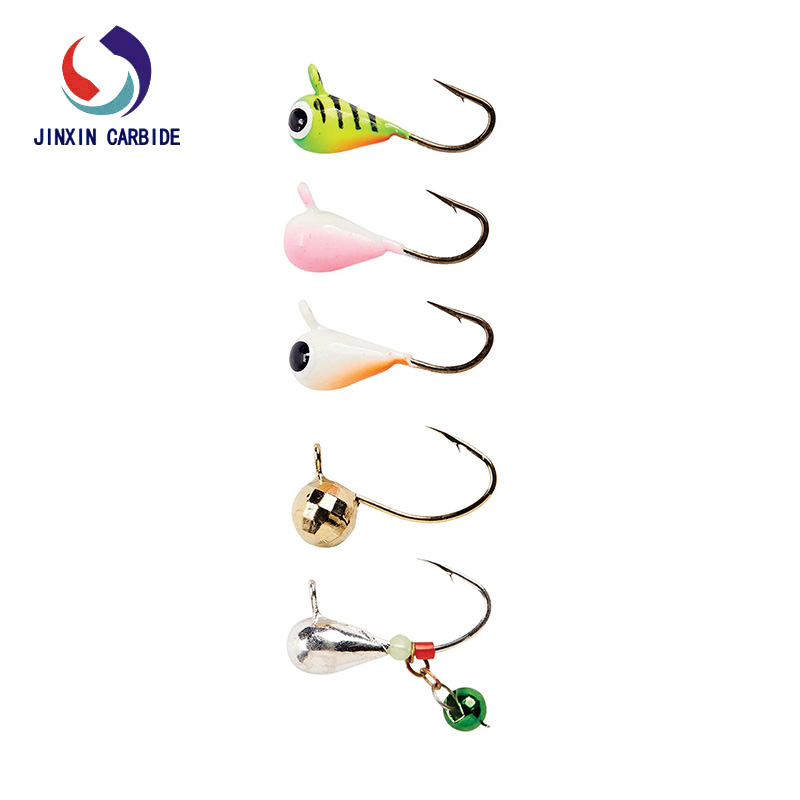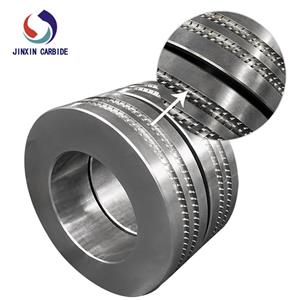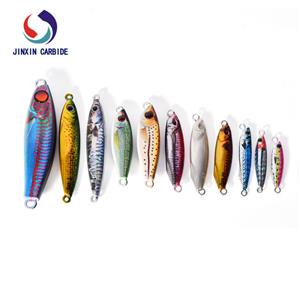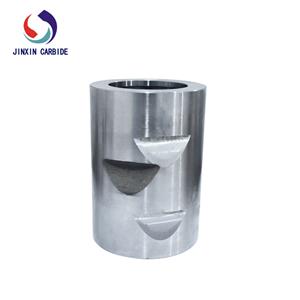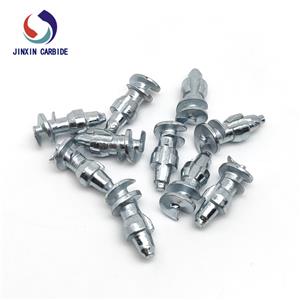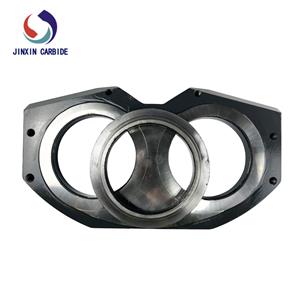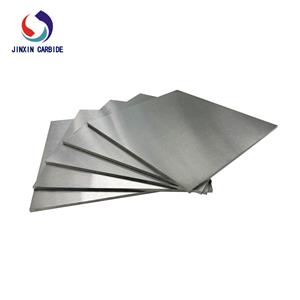why are tungsten jigs better?
In the world of lure fishing, Tungsten Jigs are gradually becoming the preferred choice for professional and experienced anglers. Thanks to their unique material properties, tungsten jigs offer clear advantages over traditional lead jigs. So, what makes them better? Let's break it down.
Why Is Sinking Speed So Important?
In deep water or fast-moving currents, the sinking speed of your lure directly determines whether it can quickly reach the strike zone where target fish are active. Traditional lead jigs have a lower density (11.3g/cm³), which causes them to sink slower and drift with the current, often missing the optimal bite window.
In contrast, tungsten has a density of 19.3g/cm³, allowing the same-weight jig to be smaller, more compact, and faster sinking. This not only reduces fish suspicion but also helps your bait reach deep structures quickly—such as submerged rocks or driftwood where fish like bass often hide. Tungsten jigs are particularly effective for precision fishing, deepwater bass, fast-current mandarin fish, and ice fishing scenarios. Especially during winter, when fish are less active, a quick descent improves efficiency.
The Environmental Concern Around Lead
The environmental risks of lead have attracted global attention. Unlike lead, tungsten is non-toxic and does not leach harmful substances into the water, making it a more eco-friendly and sustainable material. In professional fishing tournaments like Bassmaster, more and more anglers are choosing tungsten tackle to enhance precision and align with modern environmental standards.
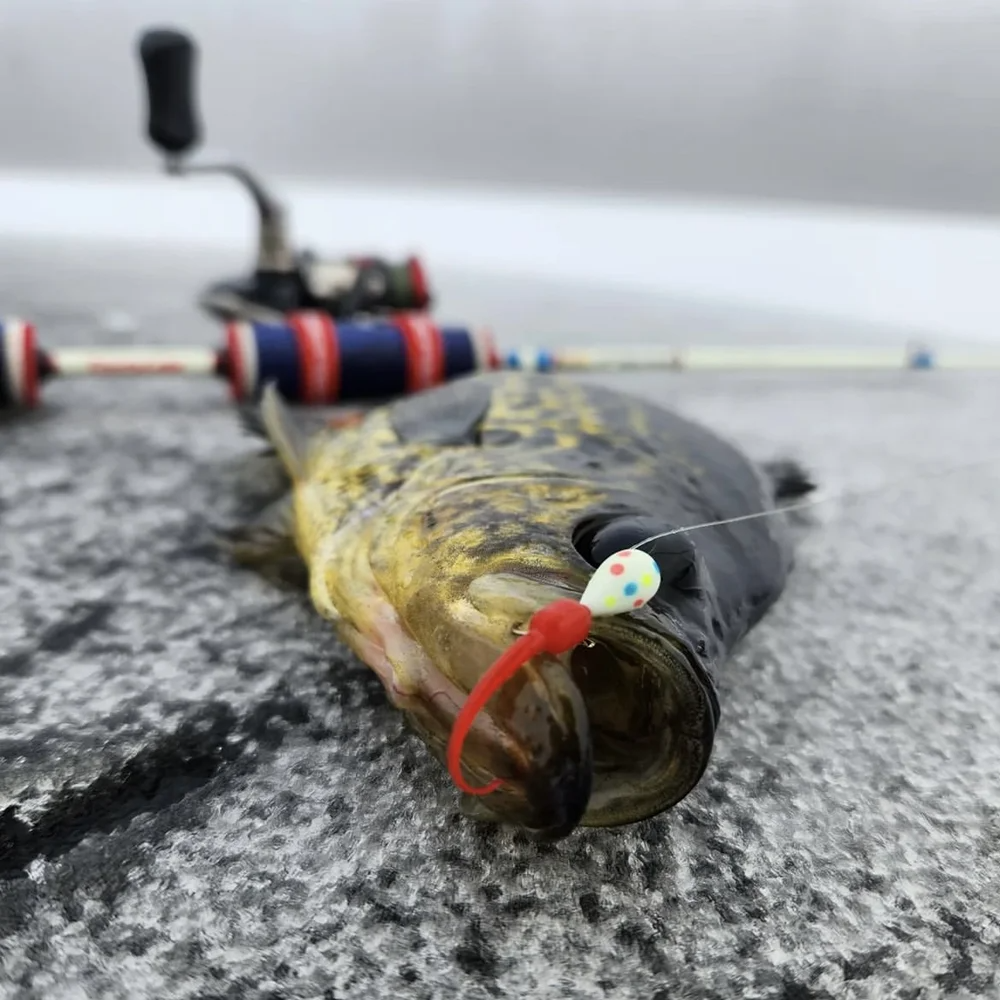
Why Do Pro Anglers Prefer Tungsten Jigs?
One of the keys to success in lure fishing is detecting subtle bites, especially in deep or snag-filled waters, where even a small touch might indicate a fish.
Compared to lead jigs, tungsten jigs transmit bottom feedback and light bites with greater clarity, reducing misjudgments and increasing catch rates. Their compact size also better mimics natural baitfish, making them less likely to spook cautious predators. This makes them ideal for targeting fish species that rely heavily on vibration and contact to strike, such as bass, mandarin fish, and catfish.
With their faster sink rate, excellent snag resistance, superior sensitivity, environmental friendliness, and durability, tungsten jigs clearly outperform traditional alternatives. If you're looking to upgrade your fishing gear and maximize your success on the water, try switching to tungsten jigs—you might be surprised by the difference they make.

